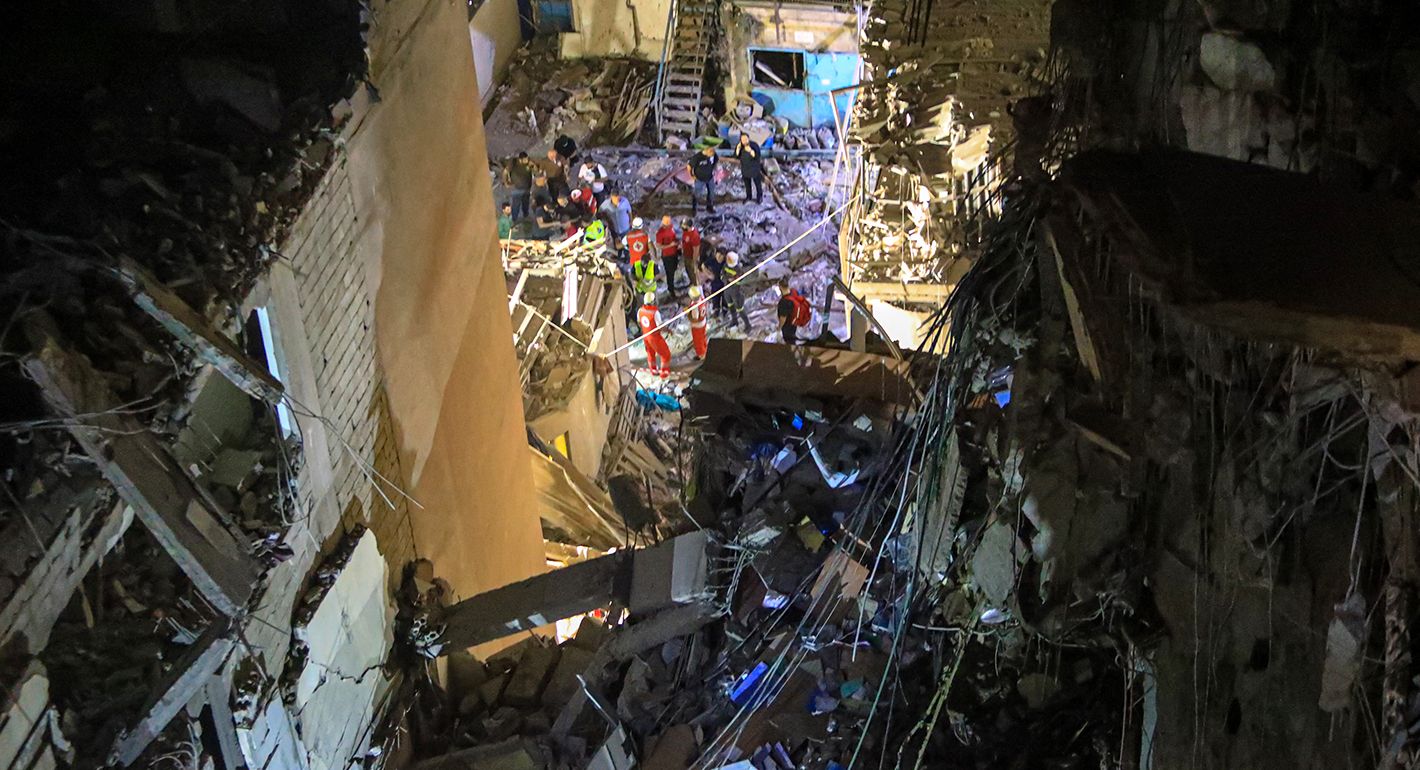What Happened?
On July 30–31, Israel carried out two attacks, one in Beirut’s southern suburbs targeting a senior Hezbollah official, Fouad Shukr, and another in Tehran against the head of Hamas’s Political Bureau, Ismail Haniyeh. While Shukr’s fate was unknown at the time of writing (Israel claims he lost his life in the apparent drone attack, but Hezbollah has not confirmed this), Iranian sources and Hamas announced that Haniyeh had been killed.
The two operations come at a moment of escalating tensions in the region, following the killing of twelve children and teenagers in a rocket attack on July 27 in Majdel Shams, in the occupied Golan Heights. Israel accused Hezbollah of being responsible, while the party denied it was involved. The Israeli riposte against Hezbollah had been expected, but Haniyeh’s assassination came as a surprise—as much because it occurred in Tehran as because it greatly heightened the probability that the Gaza conflict might spread to the broader Middle East, despite claims by the Biden administration that it did not want to see this happen. Iran’s and Hezbollah’s promise that they would respond suggests the situation may be slipping out of control
Why Is It Important?
Iran and its allies almost certainly interpreted Israel’s double punch as a challenge to Iran’s influence and networks in the Middle East. However, they will also have seen it as part of a coordinated effort with the United States. On the night of July 30, shortly after Israel’s strike against Shukr, U.S. aircraft bombed a Kataib Hezbollah base in Babil Governorate in Iraq, killing several members of the pro-Iran militia. While the parties have linked their actions to actions by the other side—Israel hit the southern suburbs in response to the Majdel Shams attacks, while the United States bombed Kataib Hezbollah to allegedly prevent it from attacking U.S. forces—we are near a point where all the parties will try to maintain their deterrence posture by escalating their military responses to aggressive acts by the other side, making containment all but impossible.
Particularly noticeable is that Israel appears to have increasingly little concern for American appeals to avert a regional conflict. The fact that the assassination, or attempted assassination, of Shukr came just before Israel’s killing of Haniyeh strongly suggests that Benjamin Netanyahu may be trying to railroad the United States into a military confrontation with Iran, along the lines of what the Israelis did last April, when they killed several senior Quds Force officials at the Iranian Embassy in Damascus. News reports at the time suggested President Joe Biden was worried about Israeli intentions. His administration has indicated again and again that it does not want to go to war with Iran, but with Biden now a physically diminished lame duck, Vice President Kamala Harris out of her depth, and the president’s national security team lost between backing Israel and an incapacity to define a clear strategy for ending the Gaza war, what most people see is a White House in disarray.
What Are the Implications for the Future?
If there is a further escalation by Iran and its allies on the one hand, and Israel and the United States on the other, the prospect of a regionalized war will shortly become a reality. It’s not certain that Netanyahu will be able to push the United States into a conflict with Tehran, but even a perception by the Iranians that the Americans are tilting decisively toward Israel may make it much harder to defuse tensions down the road through the back-channel dialogue between Washington and Tehran. Indeed, the Israelis may have a vested interest in severing such contacts, amid a persistent belief among Israel and its diehard supporters in the United States that the Biden administration, like the Obama administration previously, seeks to bolster Iran in the Middle East at Israel’s expense.
In the immediate future, therefore, what is at stake is whether a major regional military escalation can be avoided. Most worrisome is that the Iranians may choose to coordinate simultaneous bombings of Israel by its regional allies, which could be highly destructive and bring the United States into the battle on the Israeli side. This would be a nightmare scenario, but also one Netanyahu favors.
That’s why it is more probable that Iran will sidestep the Israeli trap and respond in a more measured way. It may assume that it has already surrounded Israel with missiles and drones through its “unity of the arenas” strategy, which involves joint military operations by Axis of Resistance members against Israel. Why lose that advantage?
However, one thing that will be absolutely necessary is more forceful intervention by the Biden administration to impose a ceasefire in Gaza. The Israelis, Netanyahu in particular, have proven agile in dancing around the Biden administration’s hesitations, and last week the Israeli prime minister received a fawning reception by a majority of members in Congress. This will make him less likely to listen to a White House on its way out, regardless of whether Harris wins the election. However, it takes at least two to go to war, so Iran’s response will be essential in keeping the lid on an already boiling pot.








